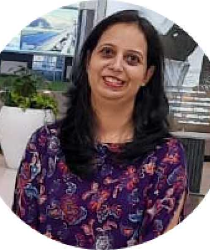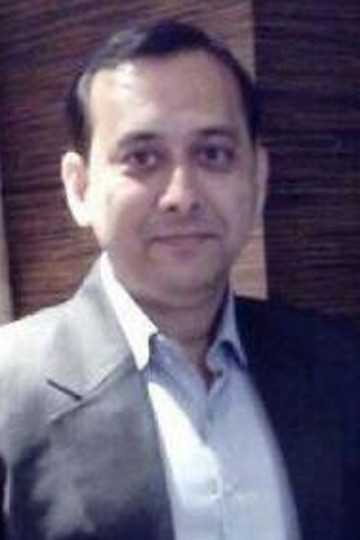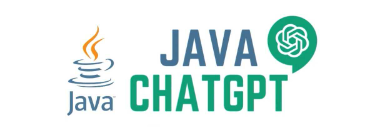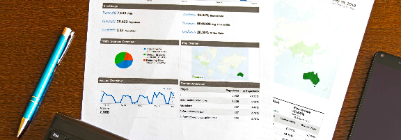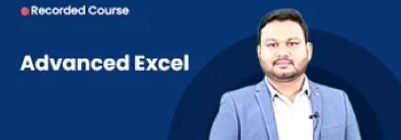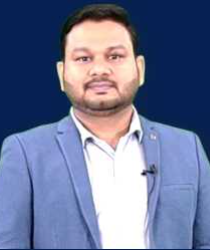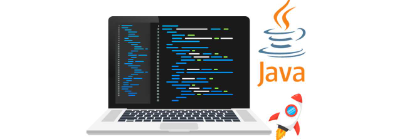Which government employees can have both GPF and NPS accounts together? However, there are certain government employees that can save for retirement via GPF, NPS as well as get old pension scheme benefits as well
Government employees have to mandatorily contribute to the National Pension System (NPS) to save for their retirement. NPS is a market-linked pension scheme where money accumulated at retirement will depend on the returns earned by the scheme.US Election 2024
US Election Result Live Updates
Swing state results deciding who'll be new POTUS
Trump vs Harris: Who’s winning which state? Full list
The question arises as to whether government rules allow government employees to also contribute to the General Provident Fund (GPF) to save more for retirement.ET Wealth online asked experts if a government employee can deposit money in NPS and also in GPF accounts at the same time.
Can a government employee have both NPS and GPF together?
Vinay Joy, Partner at Khaitan & Co - a law firm, says, "Government employees used to be beneficiaries of the GPF earlier, but the introduction of the NPS in 2004 changed this. As a result of the introduction of the NPS from January 1, 2004, amendments were made to the Central Civil Services (Pension) Rules, the General Provident Fund Rules, and the Contributory Provident Fund Rules. The amendments state that the GPF would not apply to government employees appointed on or after January 1, 2004, who were to be covered under the NPS. Hence, a government employee can be part of NPS or GPF but not have both together. If the government employee's appointment was made on or after January 1, 2004, then the employee will be part of NPS. If the appointment was made on or before December 31, 2003, a government employee would have GPF, and old pension rules would apply to him/her."Joy further adds, "There was some uncertainty regarding the applicability of NPS to members of All India Civil Services who were appointed to a post/vacancy advertised for recruitment before the NPS came into force. The 2023 notification states that such specific government employees had the option to choose which fund (NPS or GPF) they wanted to be a part of, and the option must be communicated (to the government) on or before November 30, 2023. If the employee chose to go ahead with GPF then his/her NPS account would be closed by March 31, 2024. Further, old pension rules would become applicable to that employee. Other than this, all other members would be governed by the NPS."
Preeti Chandrashekhar, Health and Wealth Leader, Mercer India, says, "GPF is mandatory for government employees who joined on or before December 31, 2003. Government employees are required to contribute 12% of their salary (basic plus Dearness Allowance) towards the GPF. This amount is deducted from their salary every month and deposited in the GPF account earning interest as announced by the government quarterly. When the NPS was introduced for government employees in 2004, it replaced the existing provisions of Defined Benefit Pension and GPF. These are not available to employees joining government service on or after January 1, 2004. If an employee is covered under GPF, they will continue in the same. The employee can contribute to the All Citizens Model of NPS, which is independent of employer-facilitated programs like GPF. However, if the government employee is covered under NPS due to the joining date being on or after January 1, 2004, they cannot have GPF."
Conclusion
Therefore, a government employee who joined on or before December 31, 2003, will be part of GPF. He/she has an option of opening the NPS account independently under the All-citizens model to save for their retirement.
However, if the government employee joined the service on or after January 1, 2004, he/she will have an NPS account only. He/she cannot have a GPF account opened to save for retirement.
This story originally appeared on: India Times - Author:Faqs of Insurances






